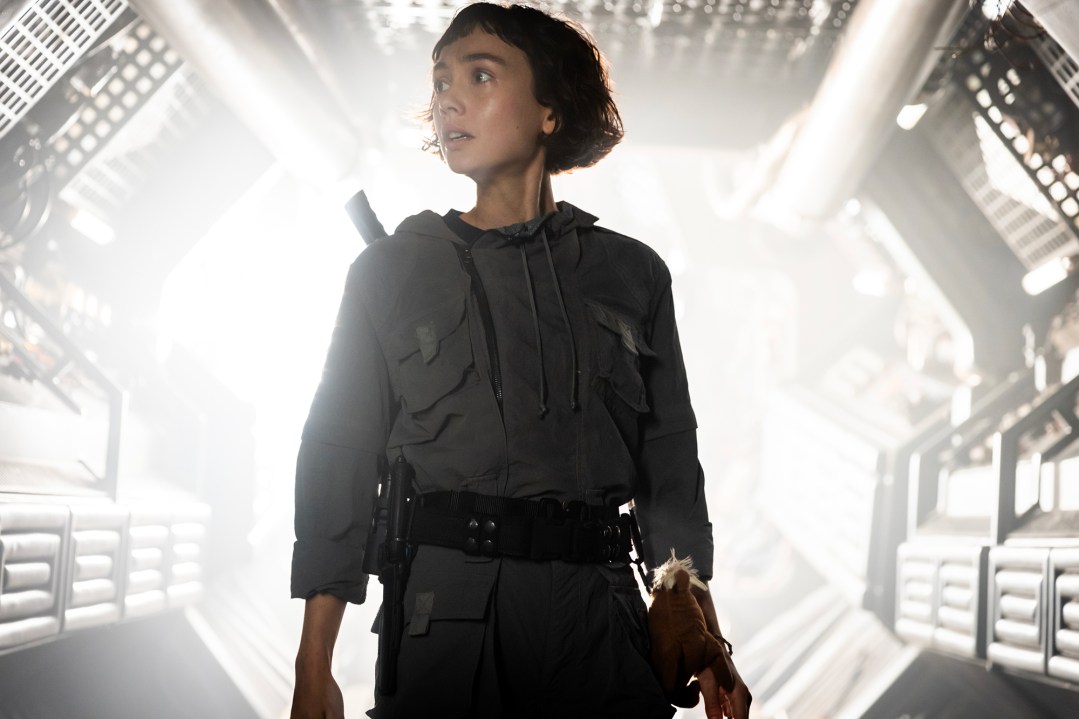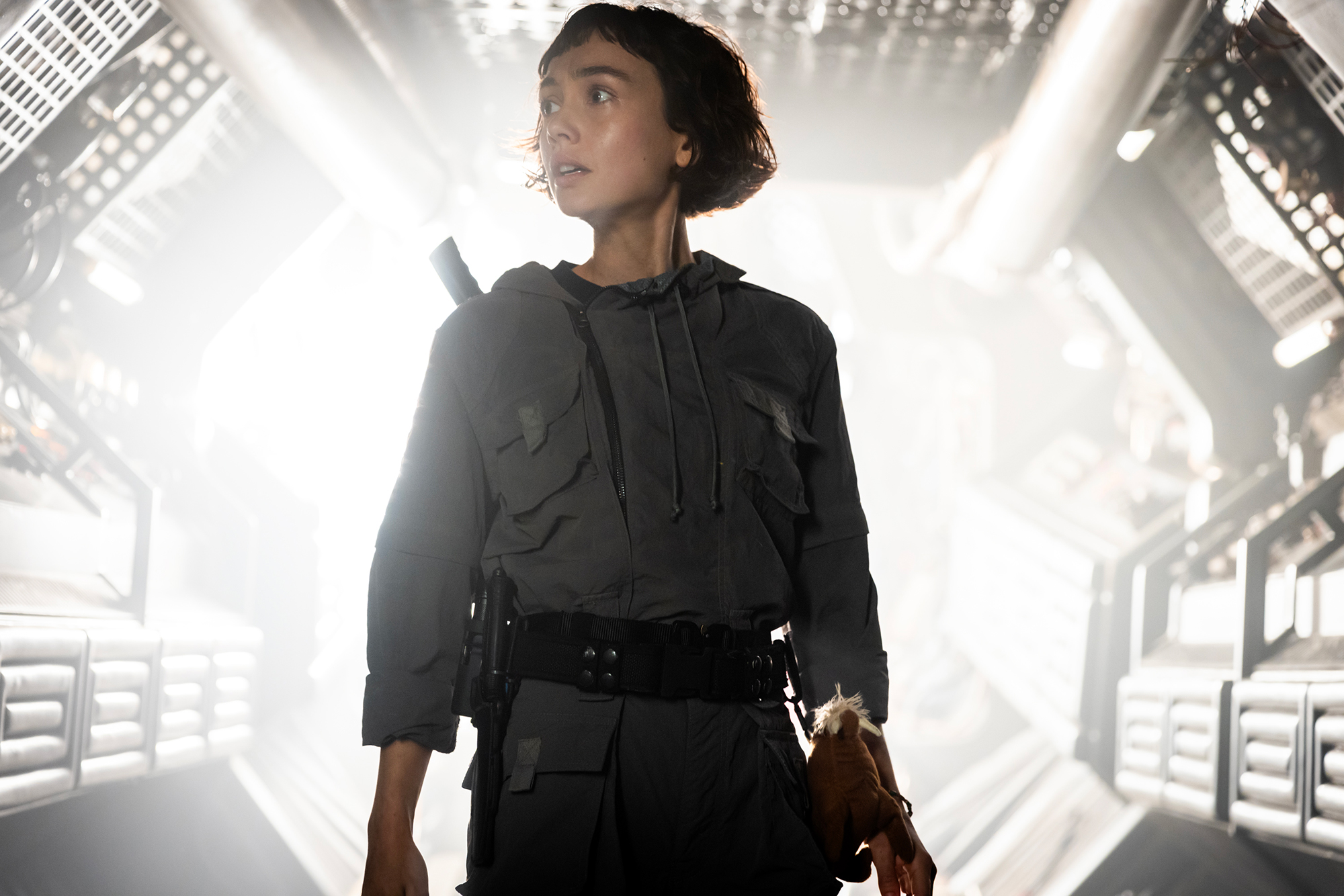
I once spent a delightful weekend in Madrid with the co-producer of Alien. His name was David Giler (now dead, sadly, I’ve just discovered) and he’d hit upon the bizarre idea of trying to get my anti-eco-lunacy book Watermelons made into a Hollywood movie. The film project never came off but I did learn an important lesson in our time together, hanging out in nice restaurants and pretending to work: if you want a happy life cushioned from financial care, the secret is to wangle yourself percentage points of a successful franchise.
Another example of this is Franc Roddam, with whom I once spent an even stranger weekend in Accra, Ghana. Roddam devised the format for the MasterChef concept and has been sitting pretty ever since. As too, of course, has Brummie comedian Jasper Carrott, who co-owned the production company that invented Who Wants To Be A Millionaire?. So, I learned the other day from a chap who comes riding with me, have many of the people involved with the Mamma Mia! musical, who were persuaded to take percentage points in lieu of payment because the show had no money at the beginning and no one quite expected it to do as well as it did.
Anyway, Alien. One of the reasons it had such a massive cultural impact, Giler explained, was that it was just about the first film to introduce the concept of a female action heroine. Before Alien, the job of women in action films was to look pretty and vulnerable and to be rescued by men. Sigourney Weaver’s iconic Ripley character changed all that (she had no option, all the blokes, notably John Hurt in the exploding chest scene, having been disembowelled by the Xenomorph). We have been paying the price ever since with endless blockbusters featuring pumped-up girls doing stuff that in real life they’d be utterly incapable of doing, while the beta males look on pathetically as western civilisation breathes its last.
There have been seven Alien movies so far: the original quadrilogy, starting with Ridley Scott’s in 1979, and three artsy prequels, starting with Prometheus, which Scott also directed. Now Disney has got its claws on the franchise with yet another prequel series, written and directed by Noah Hawley (who created the FX series Fargo). It has had quite a few favourable reviews but the diehard Alien fans aren’t happy.
And I’m with the diehard Alien fans. On the upside this latest reboot has remained true to the original aesthetic and its mood of careworn bleakness. (It’s set in 2120, but the typefaces on the computers still have the retro look of a 1979 sci-fi movie designer’s idea of the future.) But it’s disappointingly silly, even twee in places, with poor editing (clunky transitions; pointless fades to black) and gaping plot inconsistencies quite out of keeping with the original’s grimy authenticity.
The premise is that one of the spaceships owned by the rival evil corporations that run the universe has crashed into a high-rise building in Bangkok. It has been collecting nasty alien specimens, including an eye creature with octopus legs, half-leech half-centipede insects that drain your blood in seconds and – bizarrely – a Xenomorph. I say bizarrely because Ripley’s primary mission in the Alien movies was to stop the Xenomorph, which had never before been seen by any human, getting to Earth and wreaking havoc. Yet in Alien: Earth, a film supposedly set two years earlier, the Xenomorph has already arrived. This is wantonly disrespectful to the canon.

Meanwhile, the world’s youngest trillionaire, Boy Kavalier (Samuel Blenkin), a sort of whackier, creepier, more annoying Elon Musk, is trying to win the ‘race for immortality’ by engineering synthetic bodies, implanted with human consciousness, called ‘hybrids’. The prototype is Wendy, who has the body of an attractive young woman, but the mind of an 11-year-old girl who was dying of cancer but who in this new container, apparently, will live for ever and be able to do all sorts of cool things such as jump off ledges from high cliffs and land unscathed.
Soon Wendy (Sydney Chandler) is joined by yet more hybrids, all of whom still talk and think like the children they were. Nervous, impulsive, traumatised kids who’ve had no time to get used to their bodies and no training whatsoever: the very last people, you might think, that you’d send totally unbriefed to conduct a rescue operation in a disaster zone swarming with killer aliens. But Boy Kavalier – for the flimsiest of reasons – thinks it makes perfect sense. As one wag has quipped, it really should have been called Alien: Daycare.









Comments